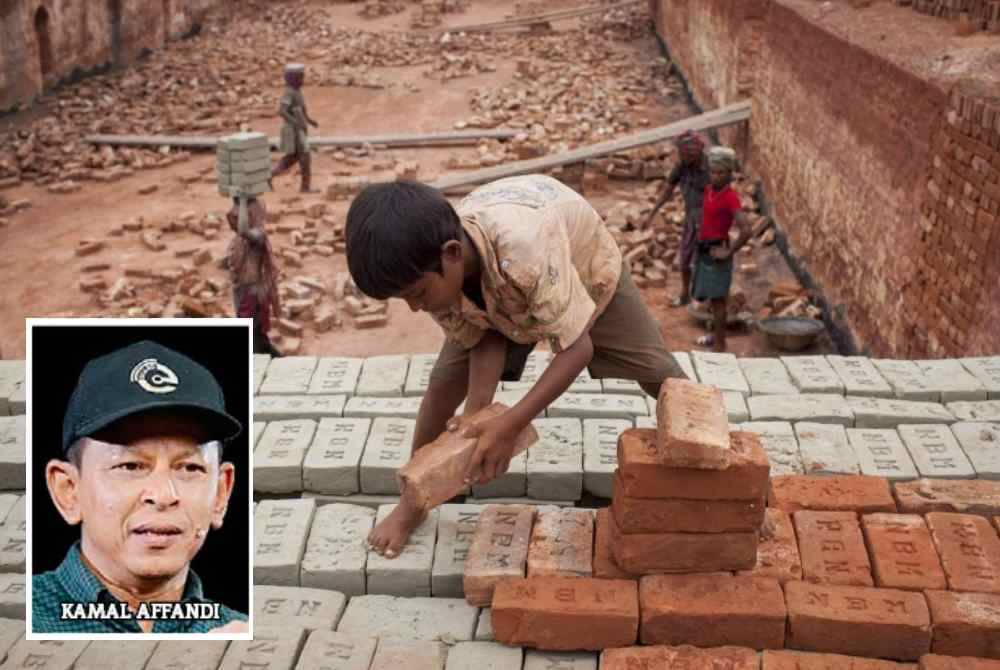Survival drives child labour among foreign nationals in Malaysia - Crime analyst
Time to address child labour in Malaysia's e-waste sector

SHAH ALAM - Child labour among foreigners is not a new phenomenon, often driven by the desperate need for survival.
Crime analyst Kamal Affandi Hashim said that while this practice would be considered exploitation in Malaysia, for these individuals, working at a young age is a means to improve their lives.
"In this situation, I see that they do not choose jobs as long as it provides them with an income, which is why they are willing to work despite their age not qualifying them to do so.
"Exploitation is a strong term, but we must also recognise that Malaysia's economic opportunities driving them to come here.
"One clear thing is that such illicit industries generate significant profits.
"For us, the use of child labour might seem like an isolated issue, but for them, especially those coming from poor countries, it is not something new," he told Sinar when contacted yesterday.
He made these remarks in response to the revelation by the Federal Police Criminal Investigation Division’s Anti-Trafficking in Persons and Anti-Smuggling of Migrants (Atipsom) unit (D3) principal assistant director Senior Assistant Commissioner Soffian Santong about syndicates involved in electronic waste (e-waste) processing that were found to exploit foreign children as labourers.
According to him, this is one of the offences identified from raids on illegal e-waste factories in the country by the Federal Police Atipsom Division based on intelligence and information.
In a related matter, Kamal said that since e-waste has potential for development, it is time to regulate them.
"Usually, we just arrest and charge them. Why not take advantage of this opportunity and make Malaysia an e-waste processing hub?
"This way, we can help these groups by providing technical and vocational education and training (TVET) training and other support.
"If not, the cost of managing detainees is higher. They need to be held in detention centres, and we have to cover their food, logistics, and repatriation costs. Perhaps it is time to consider the best way to utilise this industry," he added.











